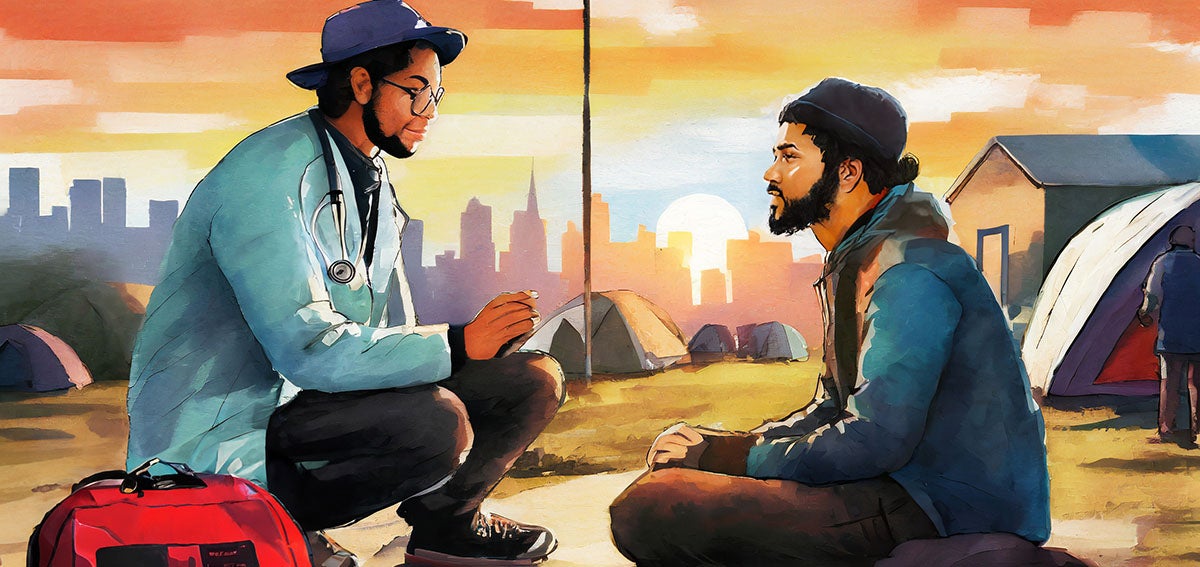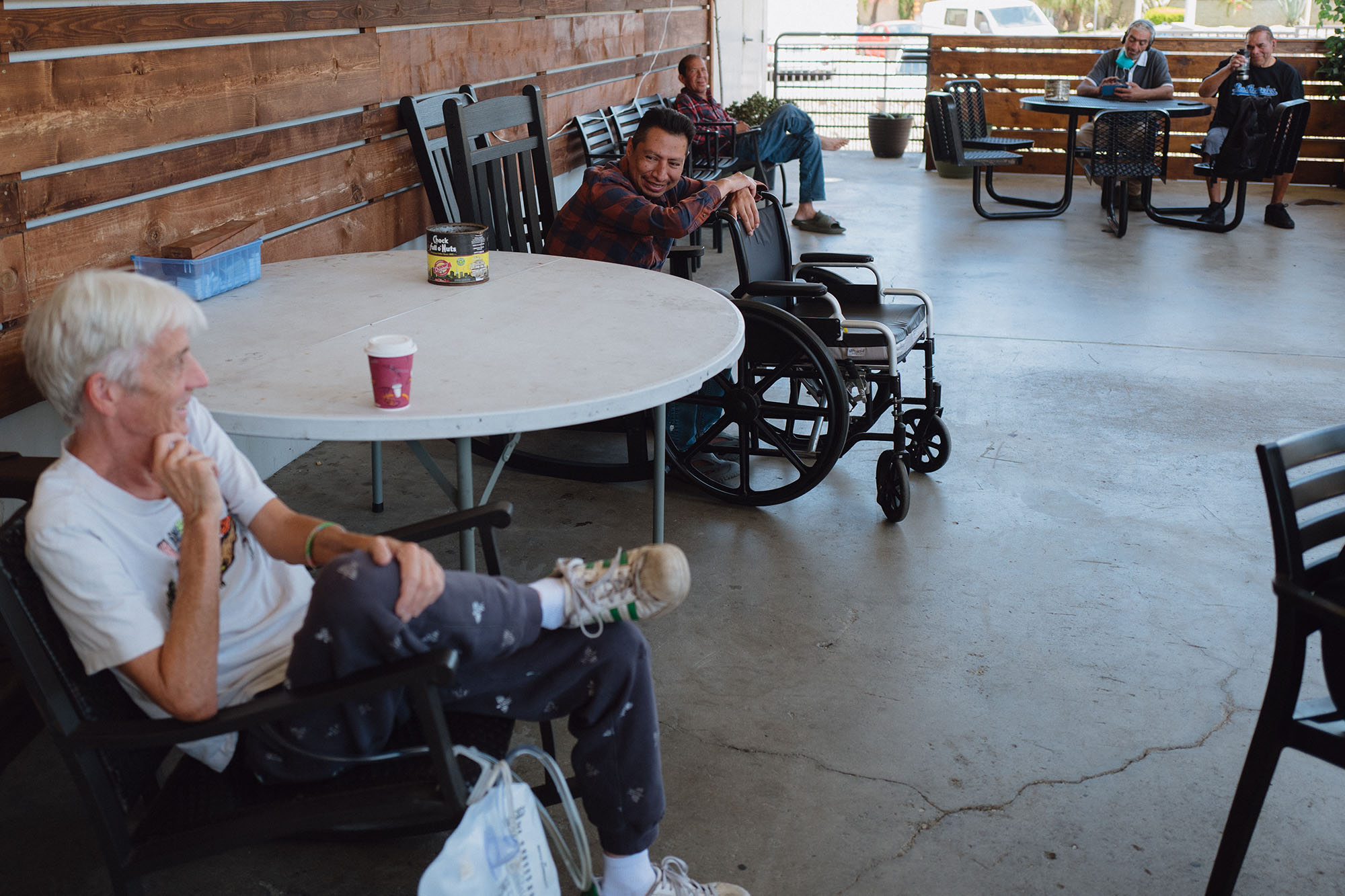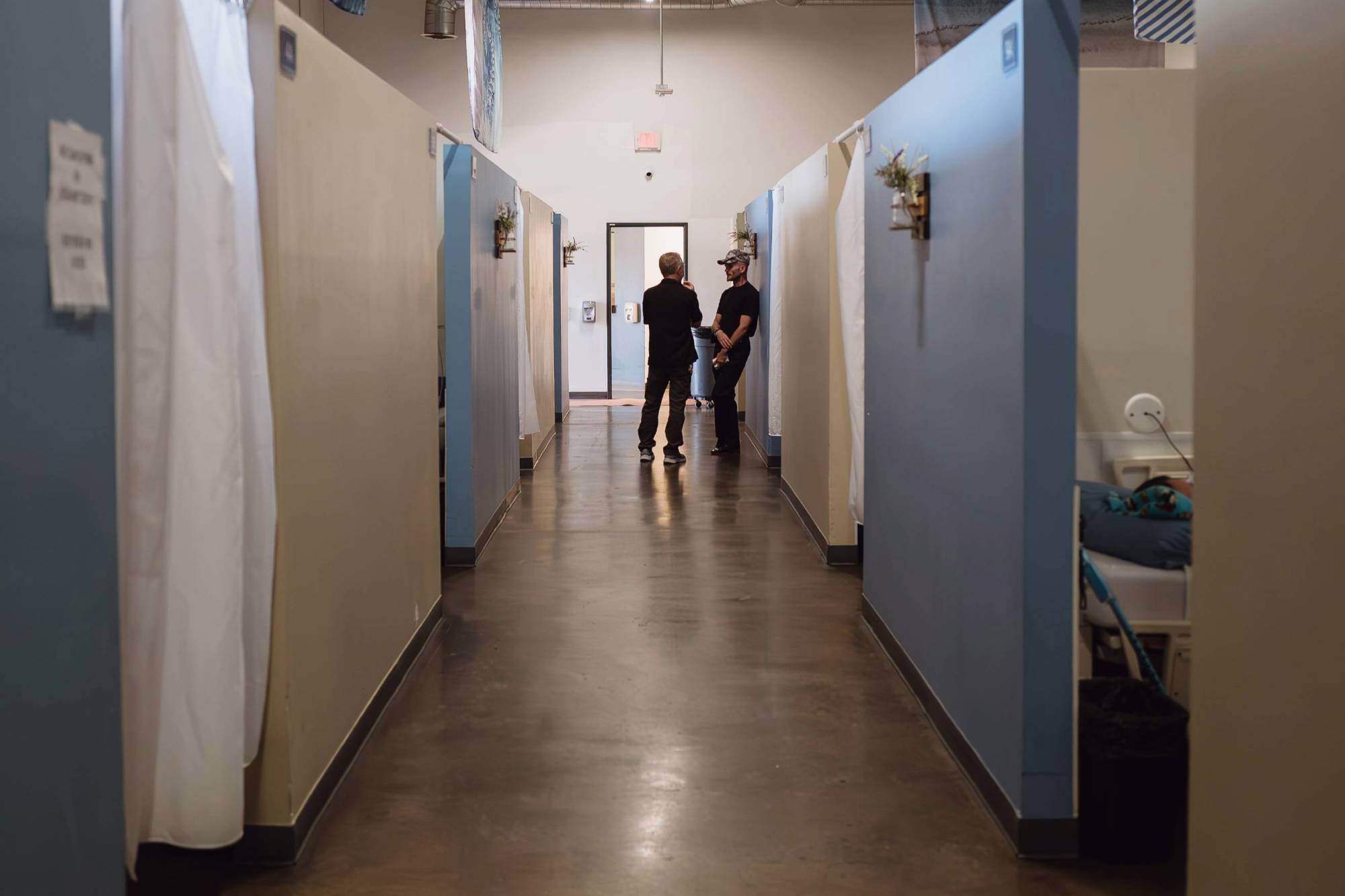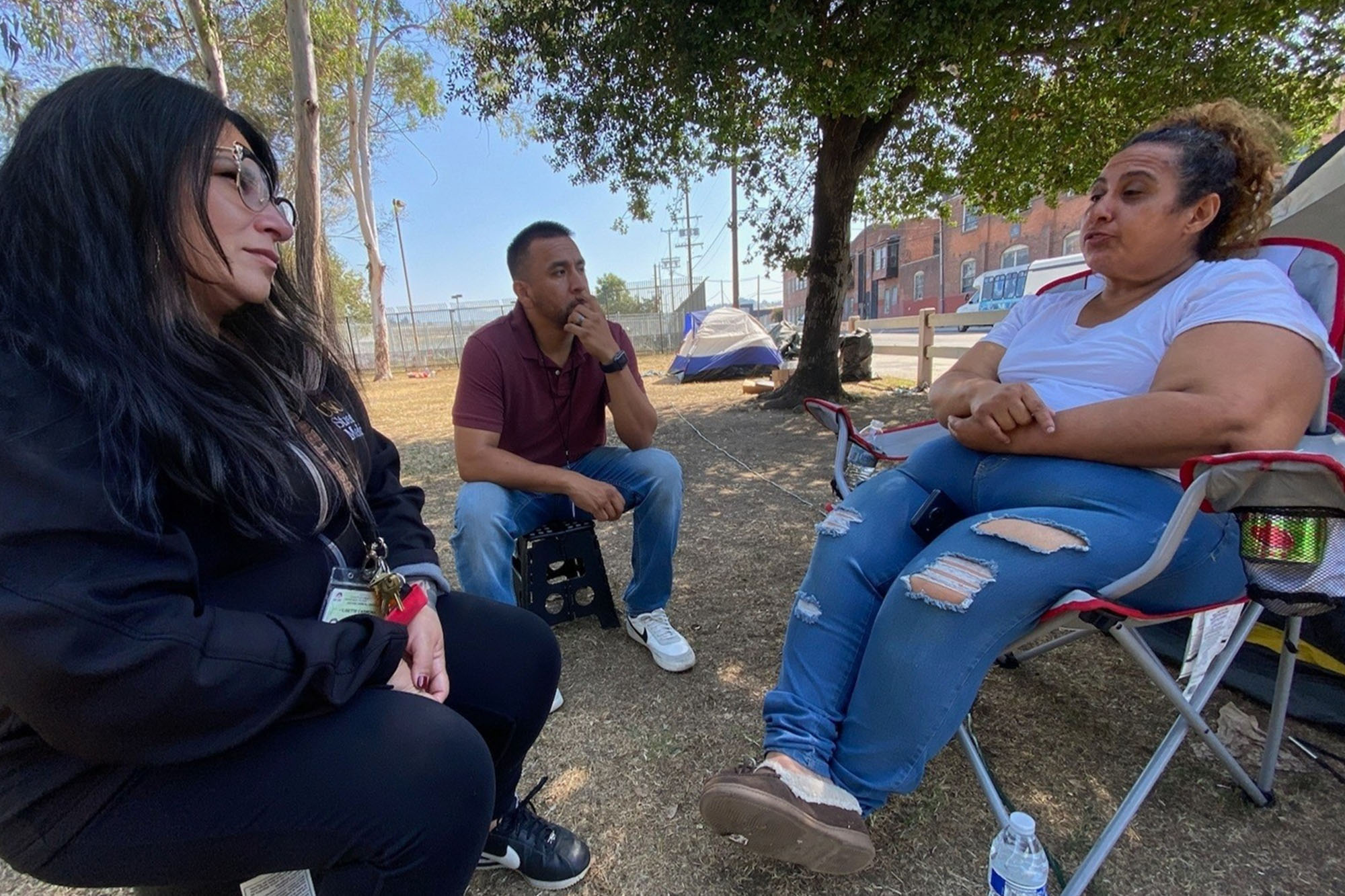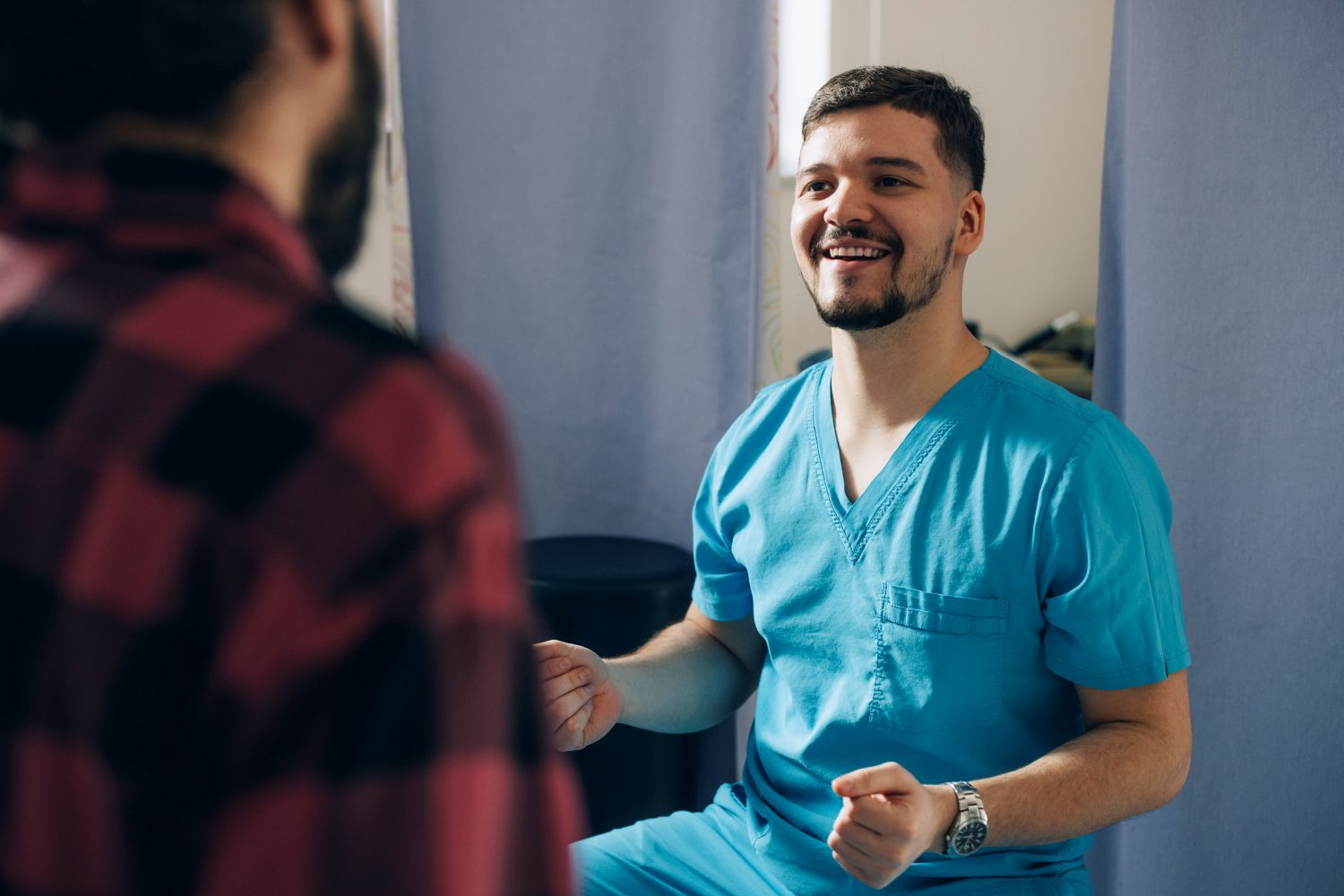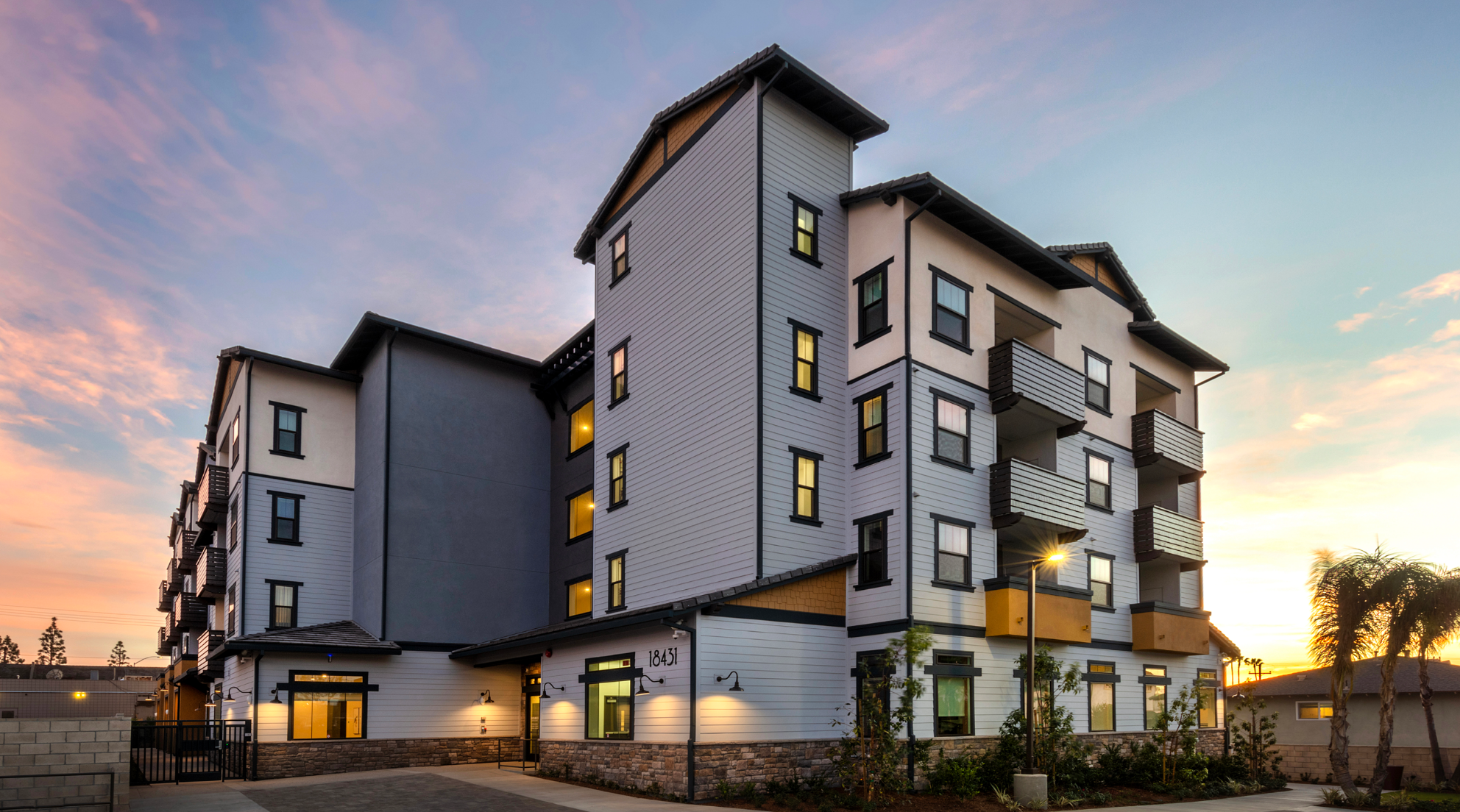Medical respite — also referred to as recuperative care — programs provide room, board, and medical care coordination in a postacute care setting for people experiencing homelessness who are too ill or frail to recover from a physical illness or injury on the streets or in shelter, but who are not ill enough to be in a hospital.
Medical Respite in California
- Under CalAIM, managed care plans can offer recuperative care (PDF) as a Community Support.
- Across California, no two medical respite programs operate the same way. Each can be designed to meet community and partner needs.
- The Illumination Foundation, based in Orange County, runs one of California’s largest medical respite programs. Over 18 months, this program saved more than $17 million in medical costs for 1,200 CalOptima patients.
These programs are emerging as an important intervention for people experiencing homelessness following a hospital stay or outpatient surgery that requires a stable setting for recovery.
Effective recuperative care reduces hospital admissions and dependence on emergency rooms. It also provides more opportunities for people experiencing homelessness to get connected with support services and transitional housing.
Explore the resources below to learn more about how medical respite works and how to grow these programs.

